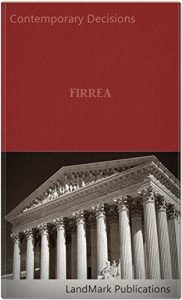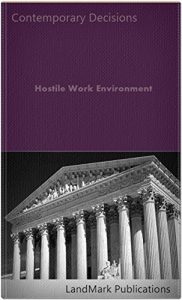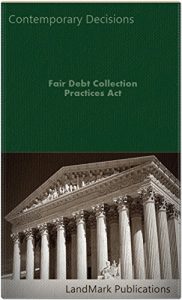THIS CASEBOOK contains a selection of 109 U. S. Court of Appeals decisions that analyze and apply provisions of the Financial Institutions Reform, Recovery, and Enforcement Act of 1989. The selection of decisions spans from 2004 to the date of publication.
In NCUA Board v. RBS Securities, Inc., the National Credit Union Administration Board (NCUA) sued defendants for making false and misleading statements in their offerings of residential mortgage-backed securities purchased by Wescorp, a failed credit union. NCUA brought suit in its capacity as liquidating agent. The district court erred in holding that FIRREA's Extender Statute does not displace the statute of repose of the Securities Act of 1933 (1933 Act) in actions by the NCUA as conservator or liquidating agent. The Ninth Circuit joins "all appellate courts to have considered the question of whether an extender statute like the one in FIRREA applies to both statutes of limitations and to statutes of repose and find[s] that it does." National Credit Union Administration Board v. RBS Securities, Inc., (9th Cir. 2016)
The NCUA is an independent federal agency responsible for chartering and regulating federal credit unions, regulating federally insured state-chartered credit unions, and administering the Share Insurance Fund (the Fund). See 12 U.S.C. §§ 1752a(a), 1754, 1781, 1783-1784. The Fund insures the deposits of nearly 100 million account holders. It is financed through deposits by and assessments against insured credit unions and backed by the full faith and credit of the United States. See id. § 1782(c).
When an insured credit union is in danger of failing, the NCUA has the authority to step in as a conservator to preserve the credit union's assets and to protect the Fund. See id. §§ 1766, 1786(h). Upon finding that a credit union is bankrupt or insolvent, the NCUA closes the credit union for liquidation and appoints itself as liquidating agent. Id. § 1787.
Given the plain text of the Extender Statute and the legislative history of FIRREA, the Extender Statute applies to statutory claims, including those brought pursuant to the 1933 Act that the NCUA asserts in the action. National Credit Union Administration Board v. RBS Securities, Inc., ibid.
In NCUA Board v. RBS Securities, Inc., the National Credit Union Administration Board (NCUA) sued defendants for making false and misleading statements in their offerings of residential mortgage-backed securities purchased by Wescorp, a failed credit union. NCUA brought suit in its capacity as liquidating agent. The district court erred in holding that FIRREA's Extender Statute does not displace the statute of repose of the Securities Act of 1933 (1933 Act) in actions by the NCUA as conservator or liquidating agent. The Ninth Circuit joins "all appellate courts to have considered the question of whether an extender statute like the one in FIRREA applies to both statutes of limitations and to statutes of repose and find[s] that it does." National Credit Union Administration Board v. RBS Securities, Inc., (9th Cir. 2016)
The NCUA is an independent federal agency responsible for chartering and regulating federal credit unions, regulating federally insured state-chartered credit unions, and administering the Share Insurance Fund (the Fund). See 12 U.S.C. §§ 1752a(a), 1754, 1781, 1783-1784. The Fund insures the deposits of nearly 100 million account holders. It is financed through deposits by and assessments against insured credit unions and backed by the full faith and credit of the United States. See id. § 1782(c).
When an insured credit union is in danger of failing, the NCUA has the authority to step in as a conservator to preserve the credit union's assets and to protect the Fund. See id. §§ 1766, 1786(h). Upon finding that a credit union is bankrupt or insolvent, the NCUA closes the credit union for liquidation and appoints itself as liquidating agent. Id. § 1787.
Given the plain text of the Extender Statute and the legislative history of FIRREA, the Extender Statute applies to statutory claims, including those brought pursuant to the 1933 Act that the NCUA asserts in the action. National Credit Union Administration Board v. RBS Securities, Inc., ibid.












